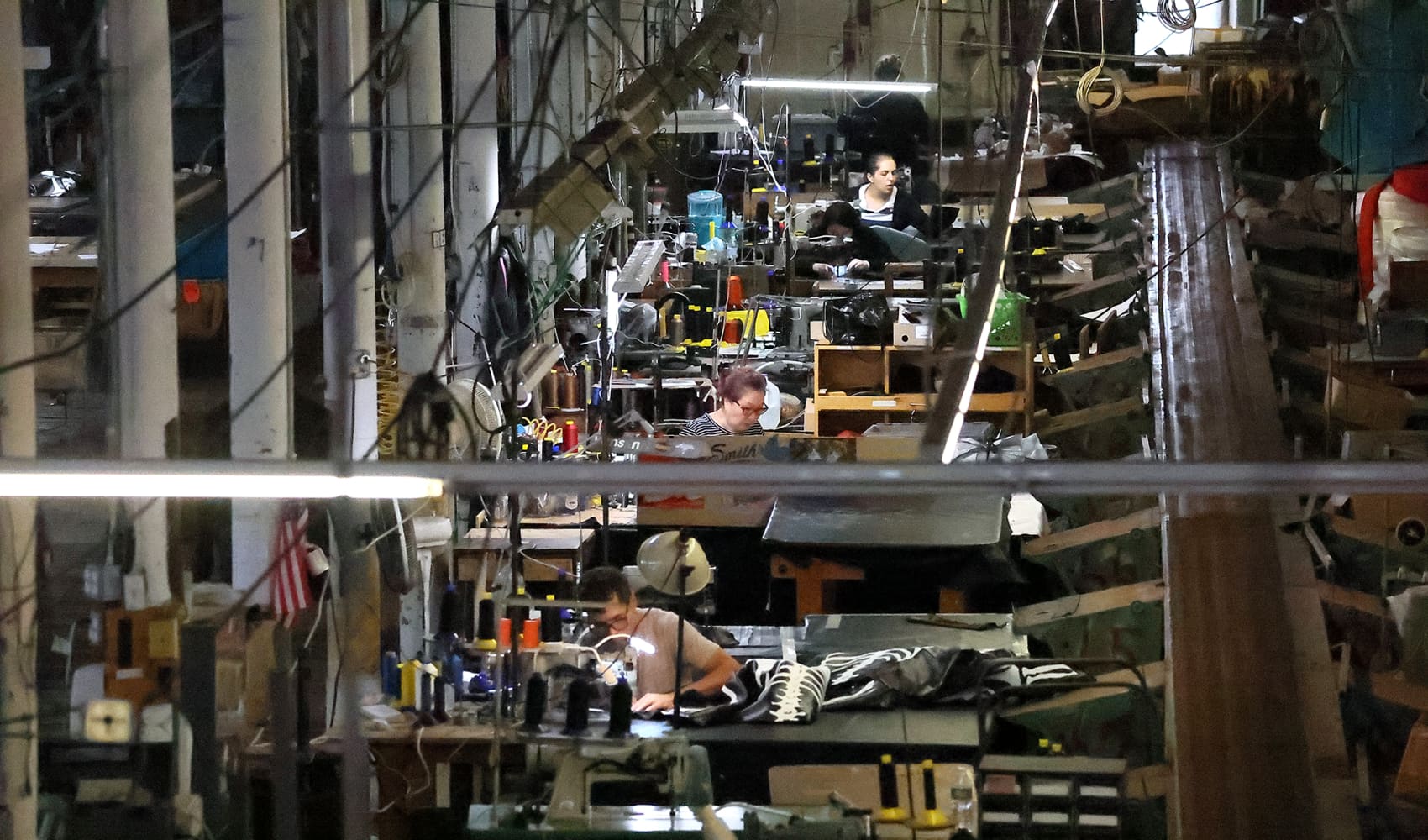
Barbie Adler knows what makes people stay together.
As the founder of Selective Search, a matchmaking service that uses Fortune 500 executive recruitment techniques for personal matchmaking, Adler works to guide professionals toward relationships that last.
Her work places her firmly at the intersection of business and pleasure — and building strong, lasting relationships is a cornerstone of success in any workplace.
"No one says, 'I want aggravation in my personal life.' It's the same thing at work," Adler says. "You need to water those relationships."
Get top local stories in Southern California delivered to you every morning. >Sign up for NBC LA's News Headlines newsletter.
The benefits of thriving relationships at work extend far beyond a personal climb up the corporate ladder. Positive workplace interactions can improve job satisfaction while decreasing turnover, and strong ties to coworkers have been shown to encourage creative thinking at work.
In short, good relationships at work benefit everyone. Here are Adler's three key takeaways for anyone looking to amp up the strength of their workplace connections.
Be ready to commit
Money Report
People who approach matchmaking services are usually intentional and communicative about what they're looking for, Adler says. She encourages a similar mindset for the workplace.
Especially when starting a new role or joining a different team, think critically about where you want to fit in ahead of time, Adler suggests. Ask yourself: What communication style has worked best for you in the past? What's the most effective way you can support others in your current role?
Then, put those answers into action. Use them to be a team player, and work to set other people up for success. That ultimately helps you, too: Research shows that a desire to help others at work can reduce burnout and lead to higher wellbeing, and your contributions likely won't go unnoticed by your boss.
"Make sure you're adding to the vibrancy of the culture, not expecting people to create that for you," Adler says. "You're part of the answer."
Define the relationship
It's easy to let job titles dictate how relationships play out at work, with underlings cowering in the face of higher-ups, and bosses unafraid to call all the shots.
But hierarchies can breed toxicity, Adler says — just as clichés about who has power in personal relationships can be disastrous, too.
Her advice: Don't focus on how someone with your title is "supposed" to act. "Leading is a choice. It's not so much about who has the title," she says.
If you're in a less senior position, look for ways to lead by example. Be open and clear with your teammates and manager at all times, especially since you can't expect your boss to be a mind reader.
That doesn't necessarily mean usurping your manager's job — rather, find ways to be in charge within the scope of your position. Propose new ideas for projects, and if they're approved, help see them through.
And if you're a manager, stay receptive to your employees' needs and concerns.
"It's about giving [employees] a chance to have conversations, so there's transparency," Adler says.
Don't let bad habits carry over
One of the biggest mistakes Adler sees in relationships is when people let bad habits fester — and then carry over into future relationships, with no improvement in sight.
That can happen in the workplace, too.
"You're going to bring those same bad habits everywhere you go. It's similar to our [non-work] relationships, so you have to work on them now," Adler says. "You have to see your patterns."
There's a good chance some of your relationship patterns at work mirror your non-work relationships too, Adler says.
"Everyone has to take the time to realize, 'OK, what am I contributing to the workplace culture?' Do I want to change, modify or tweak how I react to something?'"
Think about the last time you felt stressed. Do you have a short fuse when agitated, or do you retreat? Are you more communicative throughout stressful events, or purely emotional and in your own head?
You're not going to change overnight, but simply identifying trends in your behavior is a good first step towards unlearning the habits that don't serve you in the workplace, Adler says.
It's notoriously difficult to see your own flaws. You can always take cues from other people in your own workplace, too.
"We all know the people we want to be around, so emulate them," Adler says.
Want to earn more and work less? Register for the free CNBC Make It: Your Money virtual event on Dec. 13 at 12 p.m. ET to learn from money masters how you can increase your earning power.
Sign up now: Get smarter about your money and career with our weekly newsletter






